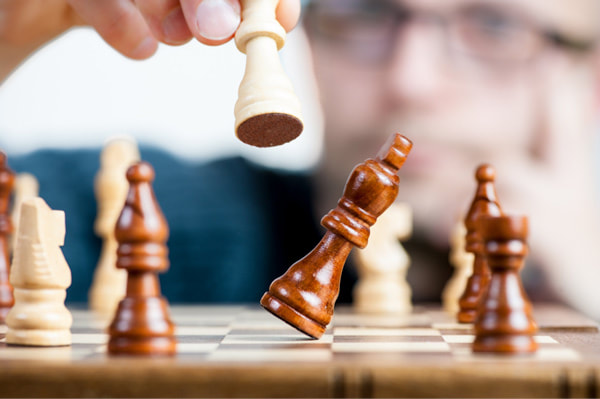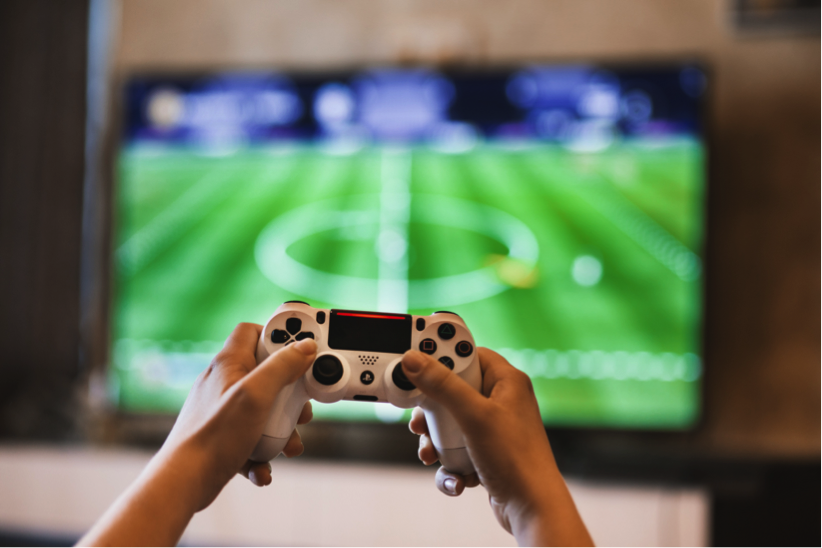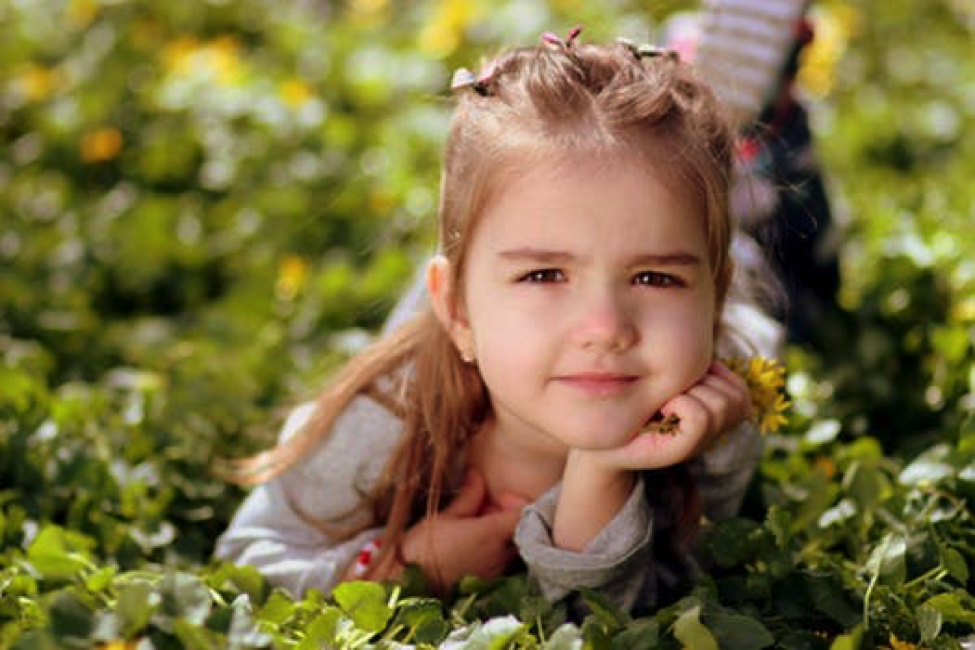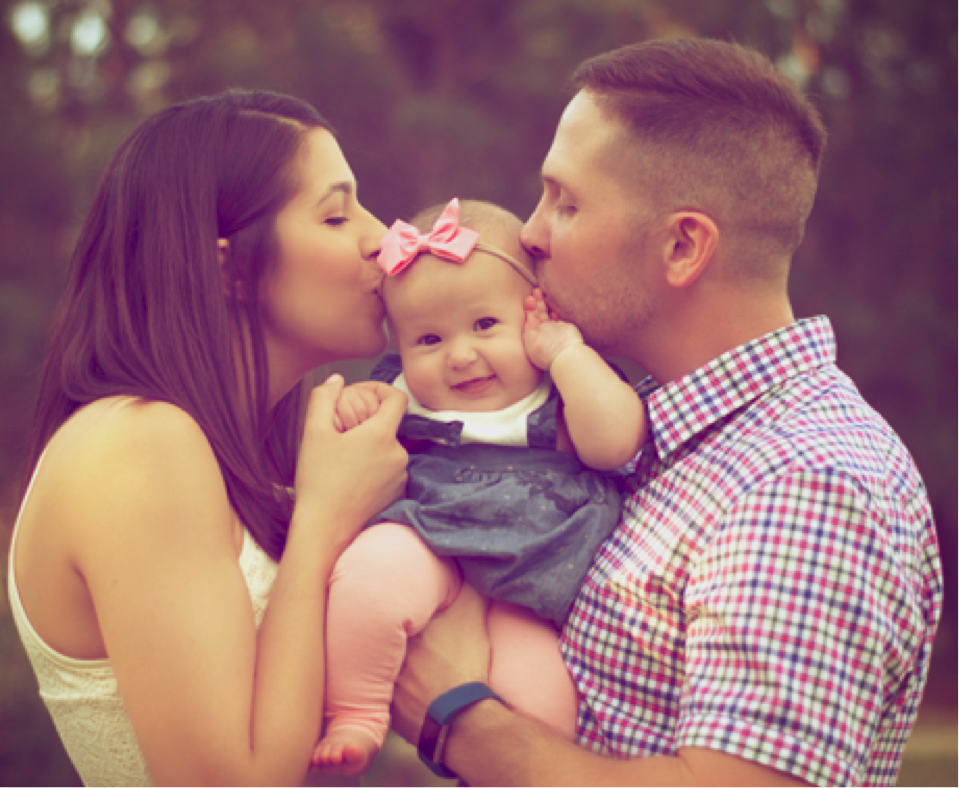|
What can possibly be awkward about silence?
It isn’t the silence that is awkward, it’s your thoughts, that you notice in silence, that are awkward. It is the mental process of figuring out how to stop the nagging voice in your head asking what is it that you need to say to fill the void, to impress, to impart information, to collude, or to invite so-called friendship.
0 Comments
The answer is: It depends! There is nothing intrinsically wrong with competition—it can be fun to compete. The problem comes when a child equates her worth with the outcome of the competition. I’m worthy if I win. I’m worth less if I lose. A child who knows his Inherent Worth (IW) will be OK no matter what the outcome of the competition—his worth is not at stake. Competition will be fun for the competitors when they are secure in their awareness of their IW. Avoid competitions until you are sure of that. If you can’t avoid it here are a few tips:
By Anne Andrew (excerpted from her upcoming book What They Don’t Teach in Prenatal Class: The Key to Raising Trouble-Free Kids and Teenswww.anneandrew.com/book.html.)
One of the biggest causes of upsets for parents currently seems to be the battle over screen time. Studies show that too much screen time is not good for children, and screens need to be off for an hour or two before bedtime or sleep can suffer. Social media is adding stress to teens because of the need to be camera ready at all times and the huge potential for abuse. Policing screen time is an unwelcome but necessary chore for parents these days. I had the completely enviable task of co-facilitating all of the workshops in France this summer—two in June and two in September. What a summer! I’ll try to summarize the highlights, but every day was a gem.
Les Labadous is situated in the unspoiled foothills of the Pyrenees in the valley beneath the picturesque and mysterious village of Rennes-le-Chateau. It is surrounded by rolling hills, limestone crags, castles, abbeys, fields of grazing cows and spectacular views in every direction. In June, it was the wild flowers and butterflies that took my breath away, as well as the chorus of birds at sunrise. In September, it was the sunsets, blackberries and figs along our walks and gloriously sunny days. It is difficult to imagine a more perfect location for a healing workshop. What if we really could raise children to be bully-proof – neither bullies nor victims? It must be worth a try.
What if we’ve got the bully / victim story completely wrong? This blog presents a radically different solution. In this blog, I’ll explain the root causes of bullying and why punishing the bully and commiserating with the victims actually makes matters worse. I’ll show what both bullies and victims gain from their experience, and suggests five strategies for parents and teachers that will help raise children who are less likely to be bullies and unlikely to be picked on as victims. “Mommy, I’m Bored!” Now that it is mid-summer and the children are not in school, there’s a good chance you’ll have heard the words: “I’m bored!”. There’s a likelihood that it’ll trigger you in some way and cause an irritation or worse. Perhaps you’ll feel guilty “Oh no, I’m not a good parent –otherwise my child wouldn’t be bored –I haven’t provided enough activities or encouraged sufficient independence for them to find something to do on their own!”
Job #1 then, is to process your own upset over the statement. Remember it’s about.... What’s the worst thing that could happen during a workshop you are facilitating? I used to think that it would be having a client die – until one did.
On the morning of the last day of the workshop I was co-facilitating with Gadi and Saskia in the South of France, Christoph passed away peacefully in his sleep. What followed was a wonderful day of healing, peace, introspection and celebration. I guessed that he had died when I saw Gadi and Axel (one of the retreat’s employees) walking past my studio towards Christoph’s which was next to mine. Sure enough, as I stepped out of my studio, Christine, Christoph’s sister, confirmed what I already knew. Christoph had been given two weeks to live back in January. It was now mid-June. That he was at the workshop at all was miraculous and that he had the energy to participate as fully as he did was remarkable. Christoph’s body was fighting the immune system introduced eight years ago to combat his leukemia. He was partially blind and deaf, could In the previous posts, I have established that we all grow up with barriers to love that can be removed when we tackle our negative beliefs. In this week’s post, I’ll explain give some strategies for helping your children to own their Inherent Worth so that they can receive the love that you offer.
A child who has a strong belief that he is not good enough, bad, unworthy or any other belief, will find it impossible to let love in. That child will think, consciously or unconsciously “If only you knew how bad, unworthy, unlovable (fill in the blanks) I am, you would not choose to love me. You have to say you love me because you are my parent, but I can’t believe it.” This is the subconscious thinking of any child who has a strong negative belief about themselves. We may not be able to tell what that belief is, so the antidote to all negative beliefs is to own our Inherent Worth. We cannot be Inherently Worthy and unlovable or worthless at the same time. Therefore, it is imperative that parents spend some time helping their children to tune into their Inherent Worth. Unconditional Love: A Parent’s Guide Part Five: Love Yourself to be Able to Love Your Children6/7/2018 "I don't trust people who don't love themselves and tell me, 'I love you.' ... There is an African saying which is: Be careful when a naked person offers you a shirt."
~ Maya Angelou You can’t give something you don’t have! In order for any parent to be able to extend love unconditionally that parent must first love themselves. It is not possible for someone to love another fully without loving themselves. You can only really love your children if you love yourself. At one of my recent talks on Unconditional Love, a mother told me that her young daughter had asked her “Mommy, who do you love the most – me or you?”. That mother had a difficult time answering her. She said “I love you to the moon and back, but if I didn’t love myself I wouldn’t be able to love you, so I love me just as much!”. That’s such a beautiful, but uncommon sentiment. In Part Three we established that negative or limiting beliefs block love. In this section, I will show you how to find and fix negative beliefs using the Choose Again Six-Step Process (Diederik Wolsak). The method is applied to any upset however small, because these upsets reveal to us the feelings that we replay the most. These feelings are chosen by our beliefs. By following our familiar feelings we can retrieve early childhood memories in which we can discover the genesis of our beliefs and we can begin to transform them.
|
Categories & Authors
All
Archives
November 2022
|
Read an independent evaluation of our program |
| ||||||
QUESTIONS? |
GET daily INSPIRATION TO YOUR EMAIL |











 RSS Feed
RSS Feed